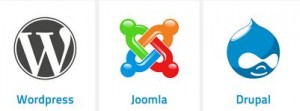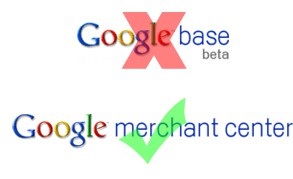 Whether you are developing a standard blog, corporate website, e-commerce store or just making your presence known on the Web, the days of hand-coding HTML-based pages and CSS (Cascading Style Sheets) have passed. To setup a website, you will need to purchase a domain name, set up web hosting and install a content management system (CMS) to the server. Within minutes, you can have a simple website that can display your content. Of course, your new website can be used a number of ways from displaying images, to your latest insights on your special niche, to operating a technical support page or advertising services. Due to their flexibility at being able to manage all of these tasks, the use of CMS platforms will only get bigger.
Whether you are developing a standard blog, corporate website, e-commerce store or just making your presence known on the Web, the days of hand-coding HTML-based pages and CSS (Cascading Style Sheets) have passed. To setup a website, you will need to purchase a domain name, set up web hosting and install a content management system (CMS) to the server. Within minutes, you can have a simple website that can display your content. Of course, your new website can be used a number of ways from displaying images, to your latest insights on your special niche, to operating a technical support page or advertising services. Due to their flexibility at being able to manage all of these tasks, the use of CMS platforms will only get bigger.
There are over 1200 content management systems out there. Three of the biggest CMS platforms for building websites are WordPress, Joomla, Drupal. We’ll also take a look at Magento, an e-commerce CMS. These CMS offer the versatility needed to appeal to a range of requirements. The biggest advantage of these four CMS platforms is their ease of use. A newcomer to creating pages can have a basic website created in only a few minutes. Continue reading


 Taken from the
Taken from the  website. This requires an E-commerce SEO focus, which takes a little more effort than SEO for other types of websites because online shopping carts come into the mix in the search engine result pages. Sometimes SEO for E-commerce isn’t the only form of internet marketing that has to be used in order to get people to buy your products online. You may have to use
website. This requires an E-commerce SEO focus, which takes a little more effort than SEO for other types of websites because online shopping carts come into the mix in the search engine result pages. Sometimes SEO for E-commerce isn’t the only form of internet marketing that has to be used in order to get people to buy your products online. You may have to use